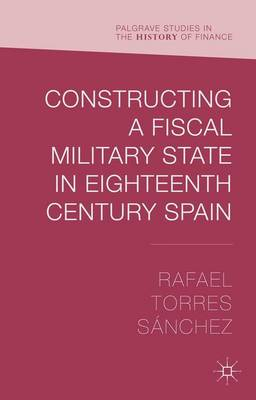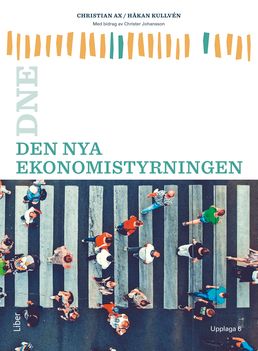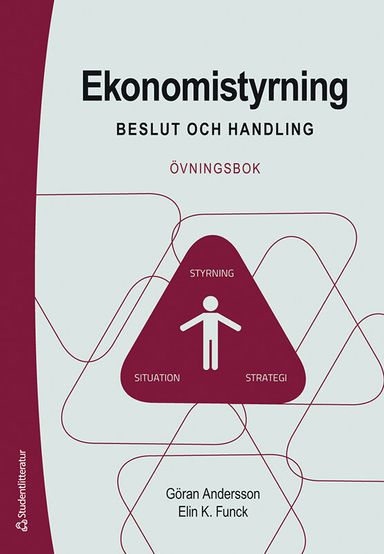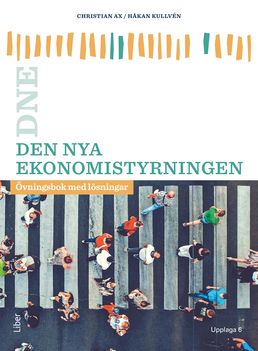

Constructing a Fiscal Military State in Eighteenth Century Spain
- Utgiven: 2015
- ISBN: 9781137478658
- Sidor: 253 st
- Förlag: Palgrave Macmillan
- Format: Inbunden
- Språk: Engelska
Om boken
Historically, Spain has often been represented as a financial failure, a state limited by its absolutist monarchy and doomed to fiscal and financial failure without hope of lasting growth. The collapse of the Spanish state at the beginning of the nineteenth century would seem to bear out this view of the limitations of Spain's absolutist state, and this historical school of thought presents the eighteenth century as the last episode in a long history of decline that is directly linked to the failure of the sixteenth-century Spanish imperial absolutist monarchy. This study provides a different perspective, suggesting that in fact during the eighteenth century, Spain's fiscal-military state was reconstructed and grew. It shows how the development of the Spanish fiscal-military state was based on different growth factors to those of the sixteenth and seventeenth centuries; and that with this change, most of the state's structure and its relationship with elites and taxpayers altered irrevocably. In the ceaseless search for solutions, the Spanish state applied a wide range of financial and fiscal policies to expand its empire. The research in this book is inspired by current historical discussions, and provides a new perspective on the historical debate that often compares English 'success' with continental 'failure'.
Åtkomstkoder och digitalt tilläggsmaterial garanteras inte med begagnade böcker
Mer om Constructing a Fiscal Military State in Eighteenth Century Spain (2015)
I maj 2015 släpptes boken Constructing a Fiscal Military State in Eighteenth Century Spain skriven av Rafael Torres Snchez. Den är skriven på engelska och består av 253 sidor. Förlaget bakom boken är Palgrave Macmillan som har sitt säte i London.
Köp boken Constructing a Fiscal Military State in Eighteenth Century Spain på Studentapan och spara pengar.
Referera till Constructing a Fiscal Military State in Eighteenth Century Spain
Harvard
Snchez, R. T. (2015). Constructing a Fiscal Military State in Eighteenth Century Spain. Palgrave Macmillan.
Oxford
Snchez, Rafael Torres, Constructing a Fiscal Military State in Eighteenth Century Spain (Palgrave Macmillan, 2015).
APA
Snchez, R. T. (2015). Constructing a Fiscal Military State in Eighteenth Century Spain. Palgrave Macmillan.
Vancouver
Snchez RT. Constructing a Fiscal Military State in Eighteenth Century Spain. Palgrave Macmillan; 2015.



















